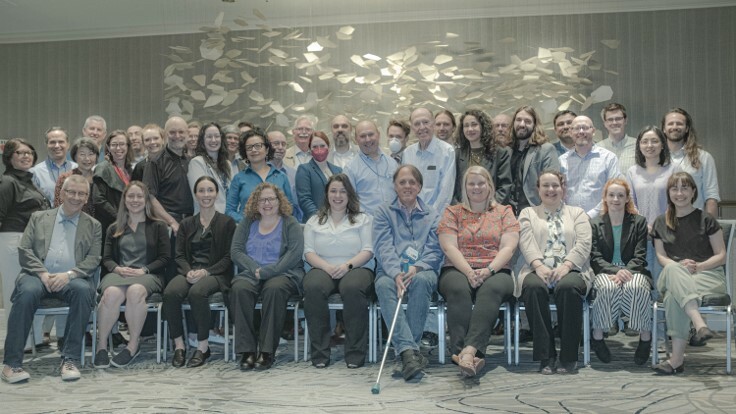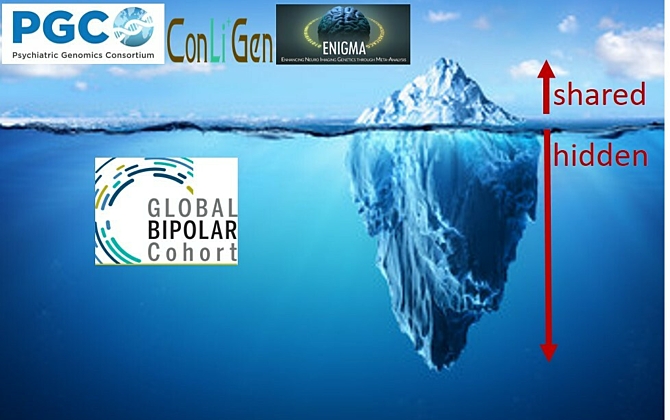Key researchers from around the world agree that a coordinated effort by the research community is needed improve our understanding of bipolar disorder, and help address treatment disparities globally.
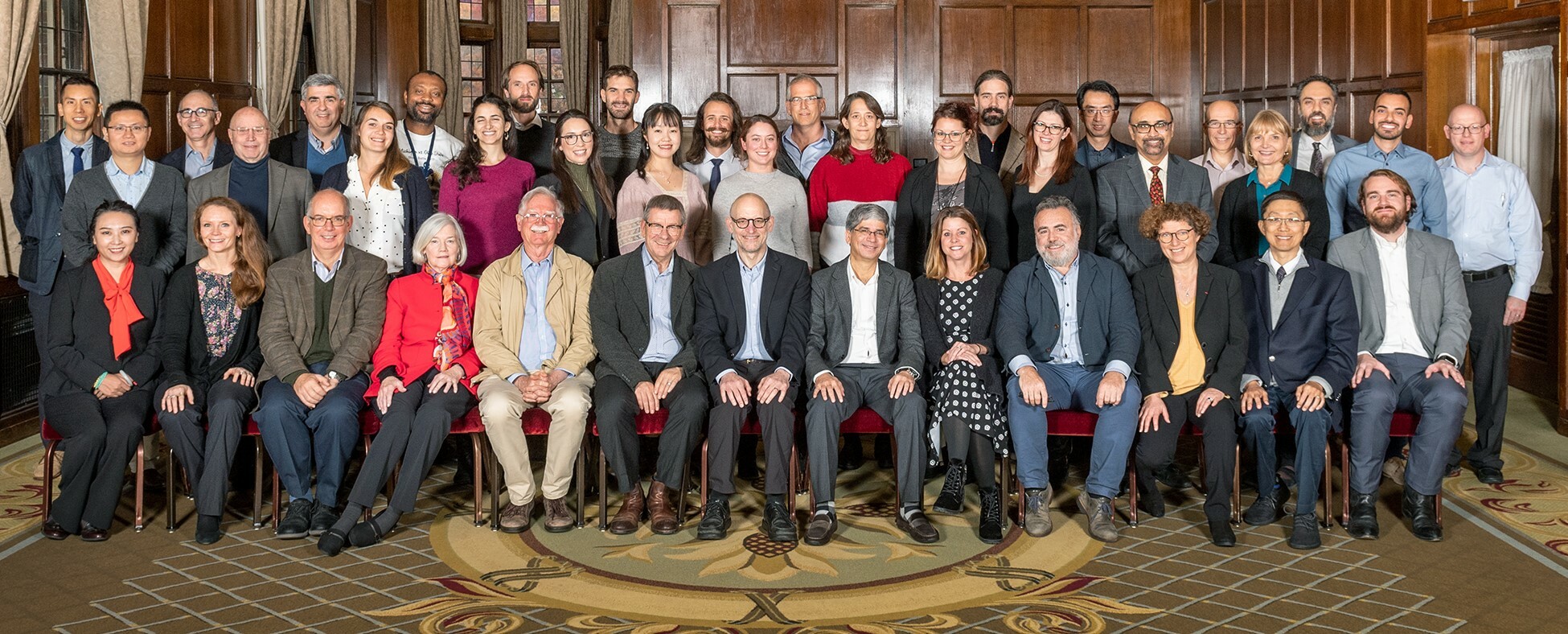
Consortium Goals
The primary overarching goal of the Global Bipolar Cohort collaboration is to increase the inclusion of diverse persons in global collaborative studies of Bipolar Disorder.
The Problem: Many datasets that have been collected that comprise detailed clinical information on bipolar clinical course and symptom patterns and functional outcome are hidden away in the centres where they were collected. Only high level diagnostic data are included in analyses by existing consortia, as sharing of detailed symptom level data is difficult.
The Solutions:
- Conduct a global cohort survey to identify well-characterised cohort collections around the world that have been collected by researchers or clinicians with interest in bipolar disorder, to maximize the use of existing data.
The survey included a series of descriptive questions about the cohort demographics and the instruments employed for collecting information on research participants. The bringing together of these collections will contribute to future research into the clinical course and outcome of people with bipolar disorder.
If you are a researcher or clinician and would like to register your bipolar cohort with the GBC, please visit the survey here: https://us6.list-manage.com/survey?u=4a41d1012ce82170f0dbf138f&id=c4c59b89ba
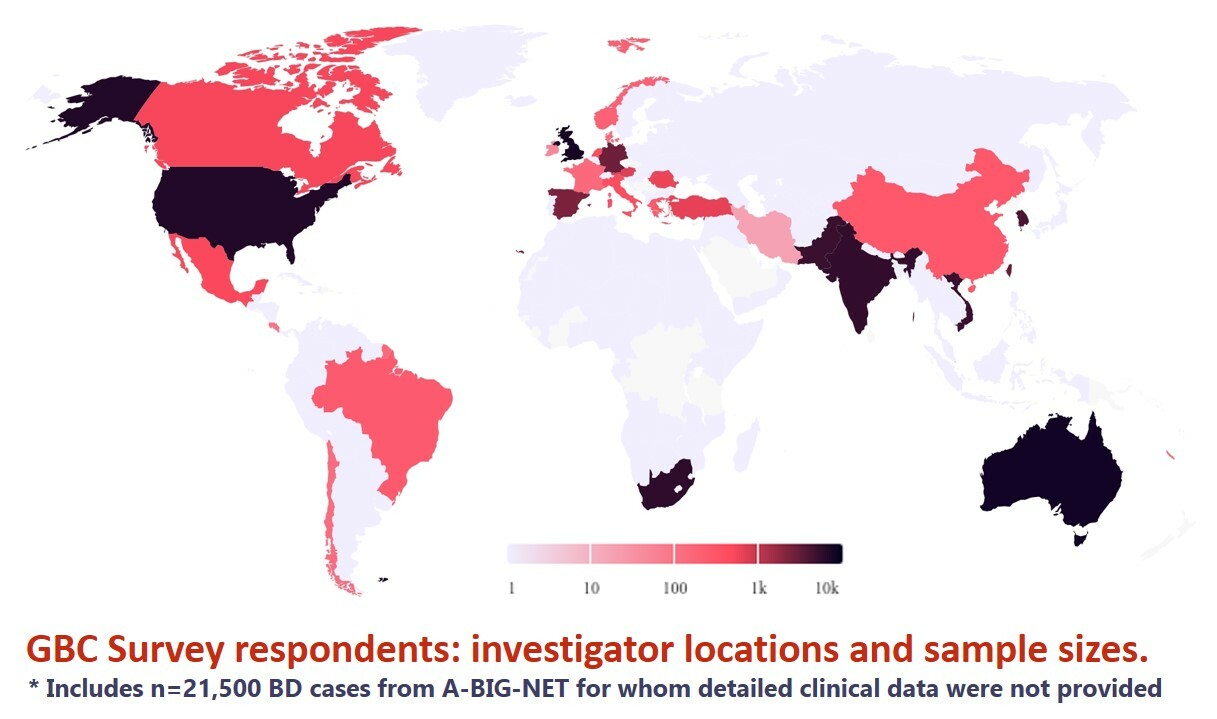
- Establish a common data model to harmonise and map clinical data to a common language of terms
The Human Phenotype Ontology (HPO) is a standardized vocabulary of phenotypic abnormalities encountered in human disease. This resource is supported by the NIH (National Institutes of Health, USA), is open source, and employed by the Global Alliance for Genomics and Health.
However, clinical instruments that are used in bipolar research do not easily map to HPO terms, and until the recent efforts by the GBC, the existing terms for bipolar disorder were rudimentary. Efforts to create new HPO terms, and align HPO terms to key diagnostic instruments and health records that are used in research will enable greater integrity and facilitate the expansion of research into biobanks and cohorts with electronic health records, enhancing the future of bipolar research.
A summary of work to date
Respondents of the global survey who indicated they had some form of functional outcome data, and had sample size n>100 were invited to participate. Each site received instructions on how to select their best functional outcome measure, and then code and analyse their data using standardized protocols.
A total of 24 investigator groups returned data for this study, including ~12,810 participants
•Australia (n=4,265),
•North America (n=2,055),
•Europe (7 countries; n=3,508),
•Africa (n=615), and
•South Asia (n=1,025)
The predominant outcome measure used was the Global Assessment of Functioning (GAF), followed by employment status, Functioning Assessment Short Test (FAST) and martial status. Overall, 47% of study participants were defined as having a “bad” functional outcome. All except one cohort had more female than male patients, resulting in an overall balance of 60% females.
Of the cohorts that had a current depression measure, 70% showed significant association (p<0.05) with ‘bad’ outcome, and 58% had this as their #1 top ranked association, by p‑value. Interestingly, we see no evidence of association of ‘bad’ functional outcome with BD subtype, psychosis history, sex, comorbid anxiety disorder or total number of psychotropic medicines.
We do not observe obvious geographic effects of current depression on functional outcome, but more sites are needed to properly determine whether geographic or racial effects exist.
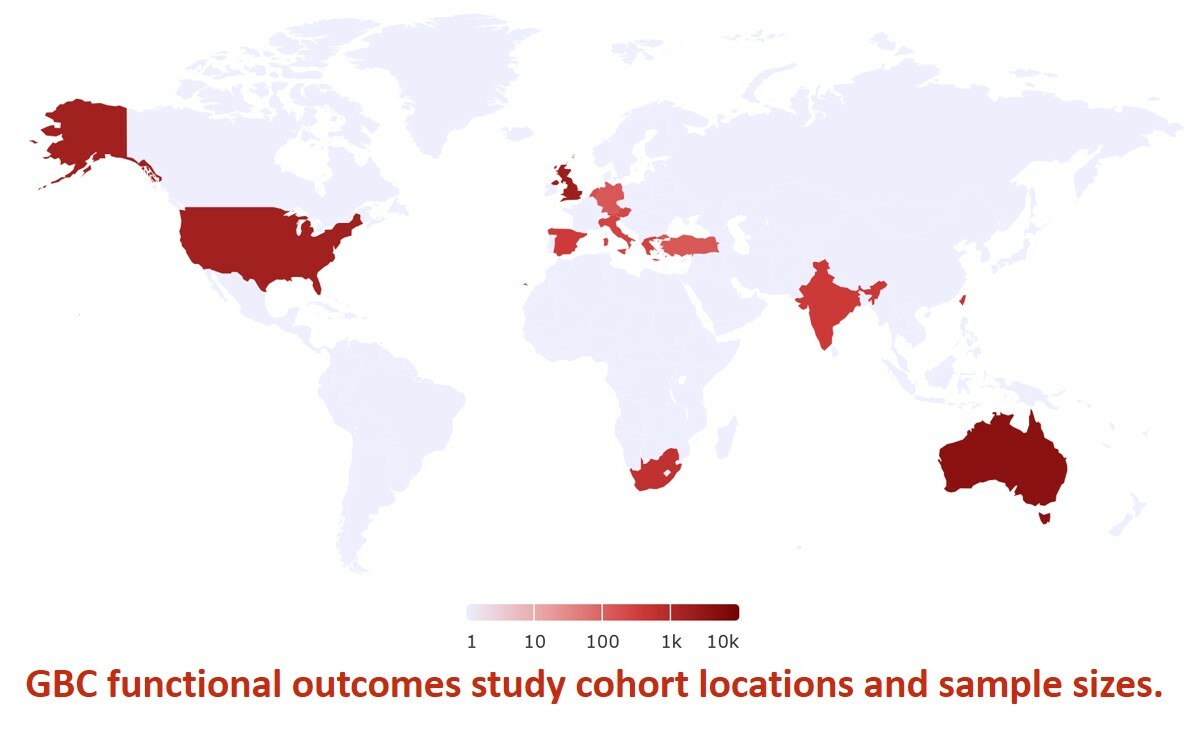
Key Publications
Singh et al, Bipolar Disorders 2023 — Patterns of pharmacotherapy for bipolar disorder: A GBC survey
Key Presentations
Apr 2024 European Psychiatry Association, Budapest, Hungary
Symposium: “The global bipolar cohort: a world-wide effort to understand bipolar disorder by leveraging the human phenome ontology and unlocking dark data”
Chairs; Thomas Schultze (SUNY Upstate, USA), Melvin McInnis (Michigan, USA). Speakers; Melvin McInnis (Michigan, USA), Janice Fullerton (NeuRA, Australia), Giovanna Fico (Barcelona, Spain), Kürşat Altınbaş (Selçuk University, Turkey).
Oct 2023 World Congress for Psychiatric Genomics, Montréal, Canada
Symposium: “The next Generation of Bipolar Disorder research: Increasing Global Diversity and Developing Deep Computational Phenotype Models of Illness States and Progression”
Chairs; Melvin McInnis (Michigan, USA), Fullerton (NeuRA, Australia). Speakers; Melvin McInnis (Michigan, USA), Markos Tesfaye Woldeyohannes (Olso, Norway), Janice Fullerton (NeuRA, Australia), Ben Coleman (Jackson Laboratory, USA). Discussant: Fernando Goes (Johns Hopkins, USA).
Jun 2023 International Society of Bipolar Disorders, Chicago, USA
Poster Presentation: Janice M. Fullerton, The Global Bipolar Cohort Collaborative, Melvin McInnis. “Predictors of functional impairment in Bipolar Disorder: Results from the Global Bipolar Cohort collaborative network” Bipolar Disorders 2023, 25(S1):1 – 125 [poster# P147]
Aug 2022 World Congress of Psychiatry/World Psychiatry Association, Bangkok, Thailand
Symposium: “Increasing Diversity in Psychiatric Research”
Speakers; Fernando Goes (Johns Hopkins, USA), Janice Fullerton( NeuRA, Australia), Thomas Schultze (SUNY Upstate, USA).
Human Phenotype Ontology workshops
Nov 2024 World Congress of Psychiatry/World Psychiatry Association, Mexico (TBC)
Sept 2024 International Society of Bipolar Disorders, Reykjavik, Iceland
Jun 2024, World Congress of Biological Psychiatry, Istanbul, Turkey
April 2024 Budapest, Hungary (Focus: Emotion-Volition-Cognitive Processes)
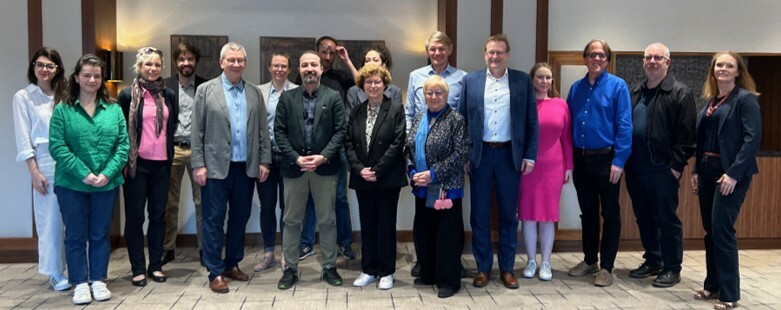
Oct 2023 Montréal, Canada (Focus: Diagnostic Instrument for Genetic Studies)
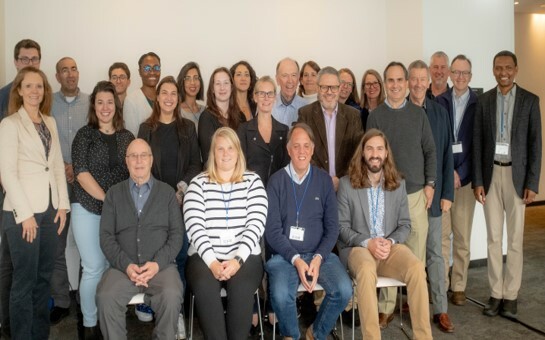
Jun 2023 Chicago, USA
